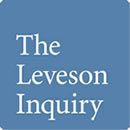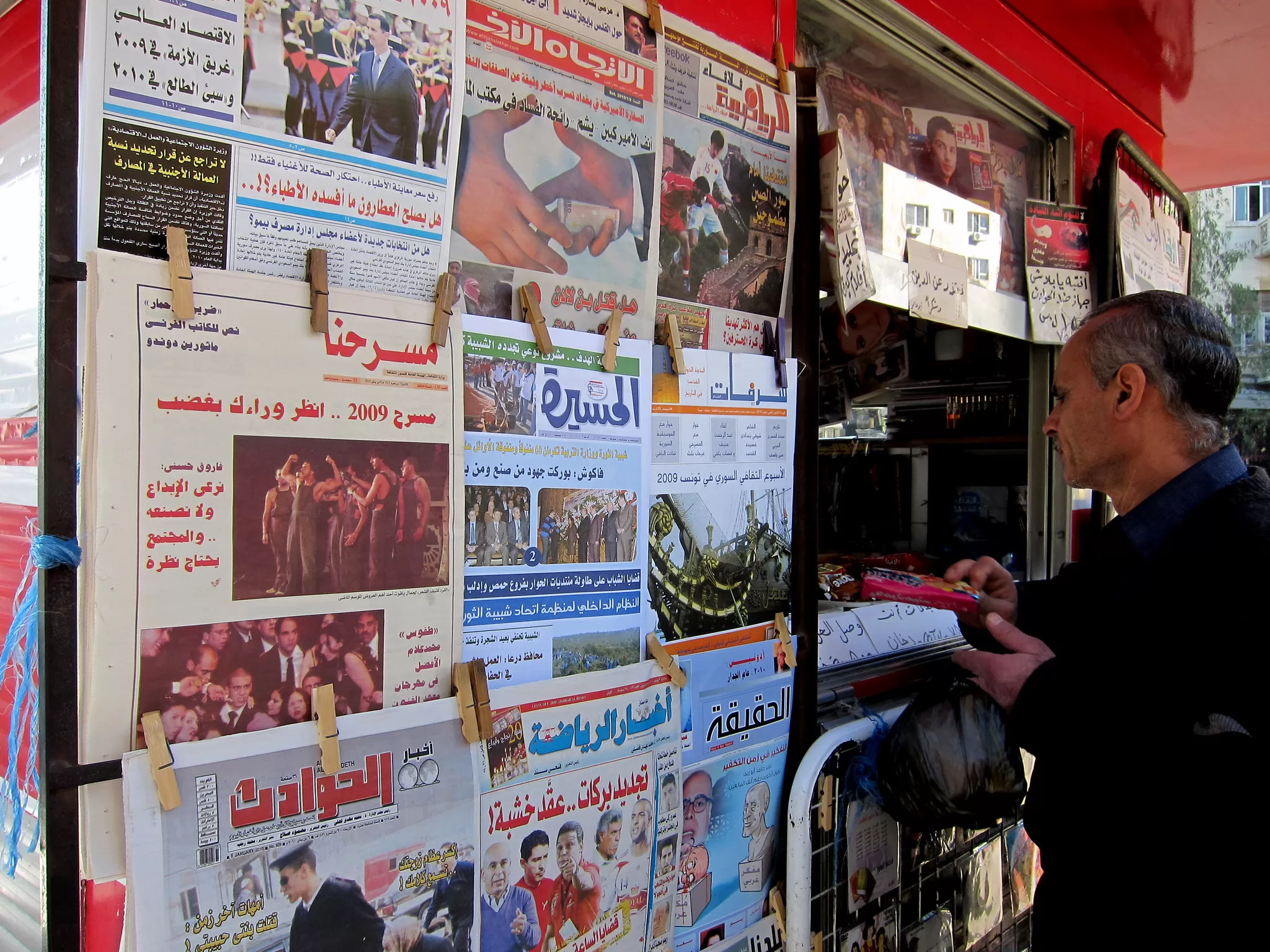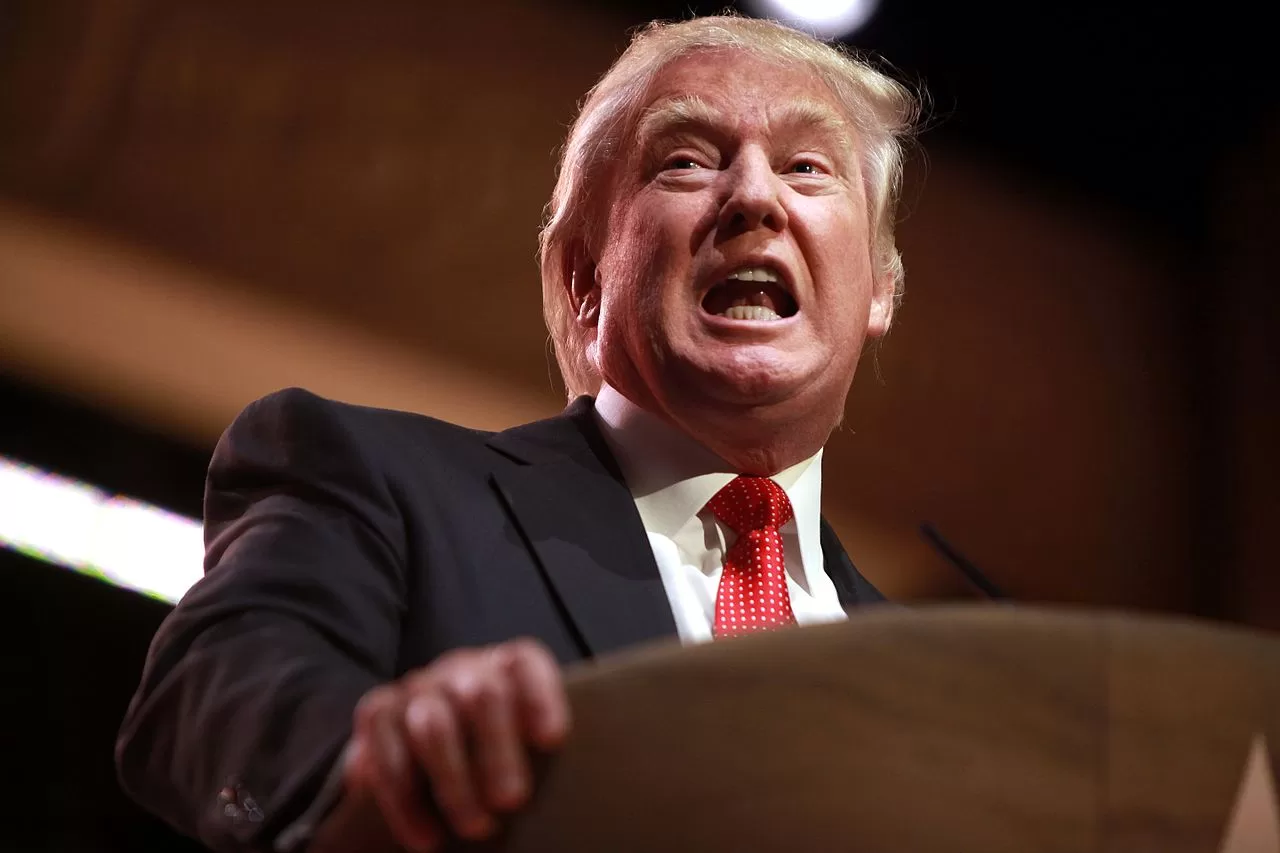 The proposed powers of a new regulator seem unworkable, says Padraig Reidy
The proposed powers of a new regulator seem unworkable, says Padraig Reidy
Two days after the publication of the all-party agreed Royal Charter on “self-regulation” of the press, there’s seems no further clarity on some issues of enormous concern. Apart from the statute required to “underpin” the regulator itself, and the question of who and who isn’t a “relevant news publisher”, issues of exemplary damages, costs and apologies have alarmed many in the media and beyond.
On BBC News yesterday, Private Eye editor Ian Hislop outlined his concerns about the new press regulator. Hislop, whose publication was not part of the Press Complaints Commission, said he was concerned that publications outside the regulator (and the debate still rages over who is and isn’t supposed to be inside the regulator) would face not only exemplary damages, but also possibly have to pay the costs of any case even if they won.
Clause NC27A of the Crime and Courts bill, which sets out the costs regime does state that the defendant must pay costs in any case, unless the judge believes the case could not possibly have been settled by the regulator’s arbitration wing – i.e. if this would have ended up in court anyway.
This is quite definitely “Leveson Compliant”, (see par 67 and 68 of the Executive Summary of Lord Justice Leveson’s report and is essentially punitive. One wonders would it pass the test of a “fair and public hearing within a reasonable time by an independent and impartial tribunal established by law”, as laid out in article of the European Convention on Human Rights. It is extremely likely that a case following this procedure will end up in the European Court of Human Rights in Strasbourg. And quite rightly so. It’s bizarre, unjust and coercive.
There are also concerns about the proposed regulator’s power to “direct” the placement of apologies.
Again, this is “Leveson compliant” — the Lord Justice himself stated “The power to direct the nature, extent and placement of apologies should lie with the Board”.
This is also really problematic, suggesting as it does that a Quango can determine what is and isn’t published in newspapers, and where. This may seem angel-on-pinhead stuff, but there is a world of difference between “direct” and “require”. While apologies may be desirable, it’s simply not safe to give an external power with state underpinning the power to tell editors what to put in papers. Forced publication is a sinister perversion of free expression, and has no place in the British press or anywhere else.




